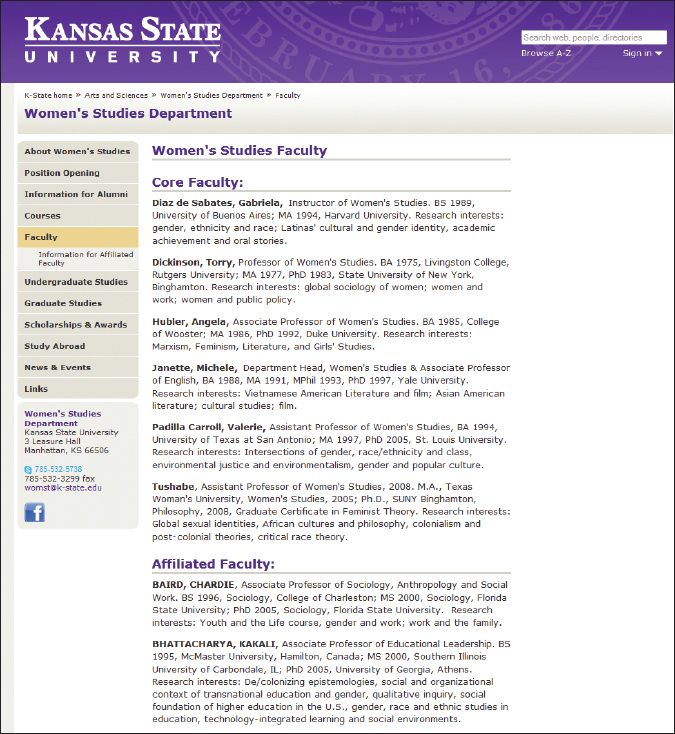Experts
Chapter Opener
22
ask for help
Experts
Forget about expert as an intimidating word. When you need help with your writing, seek advice from authorities who either know more about your subject than you do or have more experience developing such a project. Advice may come from different sources, but that’s not a problem: The more people you talk to, the better.
Talk with your instructor. Don’t be timid. Instructors hold office hours to answer your questions, especially about assignments. Save yourself time and, perhaps, much grief by getting early feedback on your ideas and topic. It’s better to learn that your thesis is unworkable before you compose a first draft.
Just as important, your instructor might help you see aspects of a topic you hadn’t noticed or direct you to essential sources. Don’t write a paper just to please instructors, but you’d be foolish to ignore their counsel.
Take your ideas to the writing center. Many student writers think the only time to use a campus writing center is when their instructor returns a draft on life support. Most writing-
Find local experts. Don’t trouble an expert for information you could find easily yourself in the library or online: Save human contacts for when you need serious help on a major writing project — a senior thesis, an important story for a campus periodical, a public presentation on a controversial subject. But, then, do take advantage of the human resources around you. Campuses are teeming with knowledgeable people and that doesn’t just include faculty in their various disciplines. Staff and administrative personnel at your school can advise you on everything from trends in college admissions to local crime statistics.
Look to the local community for expertise and advice as well. Is there a paper to be written about declining audiences for Hollywood blockbusters? You couldn’t call J. J. Abrams and get through, but you could chat with a few local theater owners or managers to learn what they think about the business. Their insights might change the direction of your project.
Check with librarians. Campus librarians have lots of experience helping writers find information, steering them toward feasible projects and away from ideas that may not have much intellectual standing. Librarians can’t be as specific or directive as, for example, your instructor, but they know what sorts of topics the library’s resources will and will not support.
Chat with peers. Peers aren’t really experts, but an honest classroom conversation with fellow students can be an eye-
